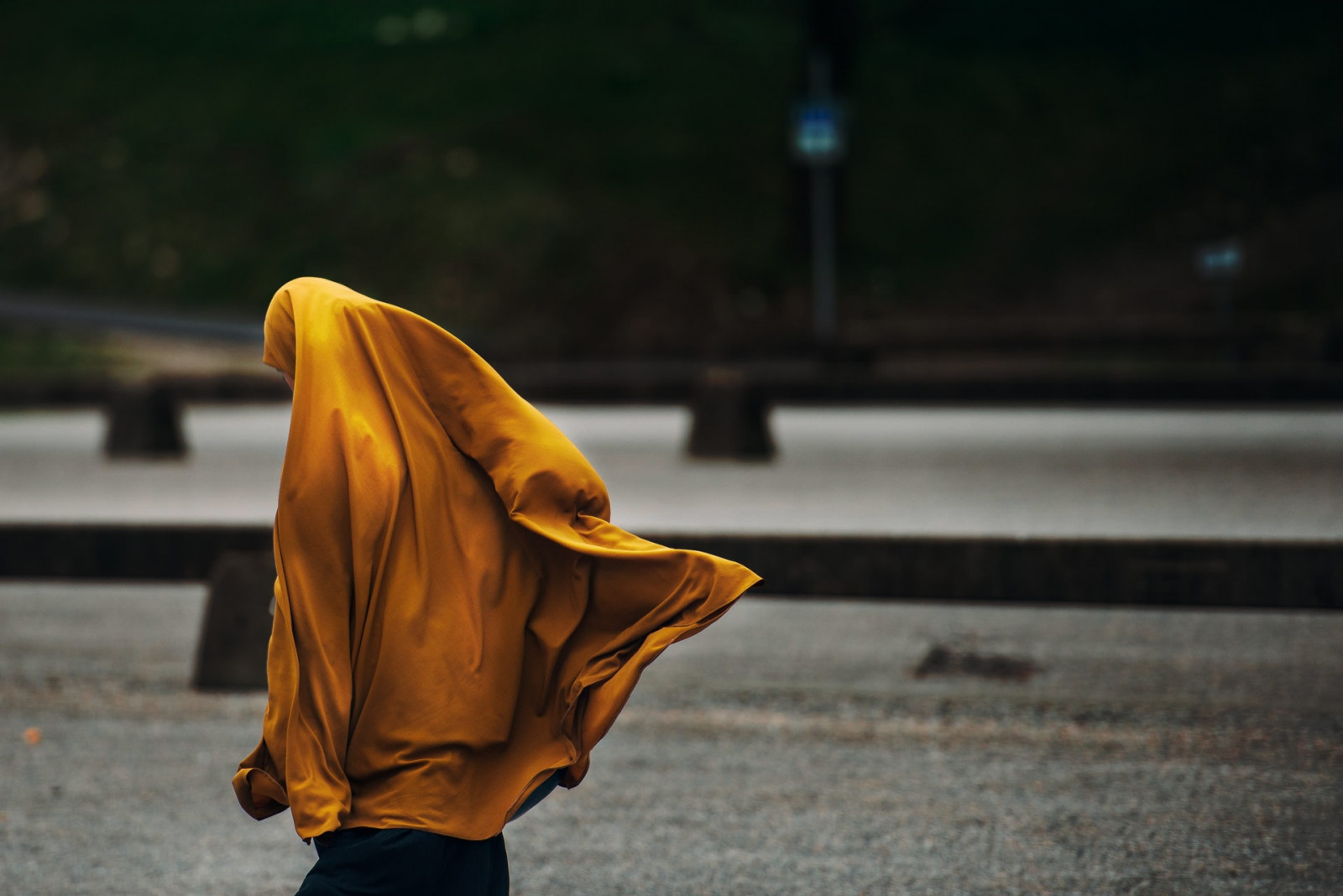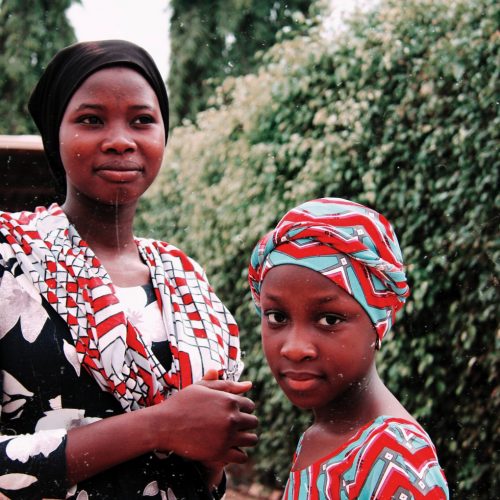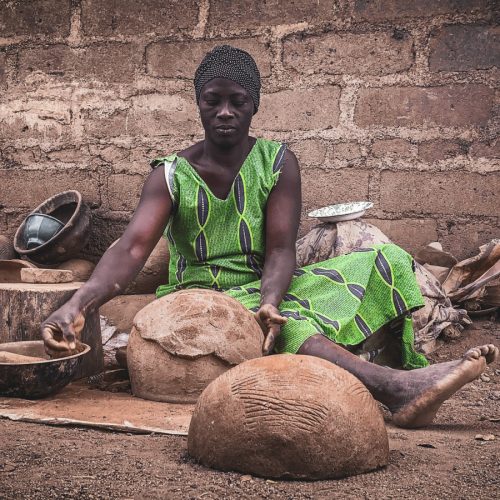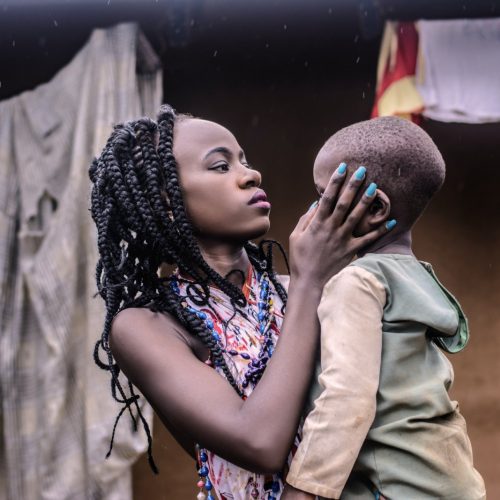This past Wednesday, on the 17th of March 2021, Dr. Marame Guèye, a professor from the University of East Carolina, gave us an insightful lecture on the film “Goor Dongue” (in Wolof), also known as “Échange Inégal” (in French) by Tom Escarmelle, based on an original idea by Khady Touré. This online event brought together a wide range of viewers from several countries and nationalities, and officially marked the kick-off of the Sexual and Reproductive Rights in West Africa webinar series, hosted at CEI-Iscte and financed by FCT (PTDC/SOC-ANT/31675/2017).
Both the title of the film: “Goor Dongue”, translated to English as “unequal exchange”, as well as the title of the webinar: “Fleecing Senegalese women: the normalization of female suffering through language and religion, and who should lead the fight for gender equity in Africa” immediately draw attention to the unequal division of assigned gender roles in society, and more specifically in Senegal, given that the story takes place in modern day Dakar.
In her presentation, Dr Marame Guèye, whose research primarily focuses on marriage, poligamy, wifing, gender relations and social norms, points out how the distortion of language and of the Islamic texts contributes to the reinforcement and naturalisation of women’s suffering. From a feminist point of view Dr. Marame Guèye studies the ways in which oral performances and verbal art are used as instruments of resistance by Senegalese women in order to make their voices heard. Equally, Dr. Guèye also notes that Wolof traditions and their main linguistic notions have become a sort of ‘lingua franca’ in Senegal, making “Goor Dongue”’ a film that resonates with Senegalese culture as a whole, in spite of the country’s abundant ethnic diversity.
In the main fragments of the film shown during the webinar, the spectator was able to see men undertaking typically “female roles”, such as taking care of the household and feeding the children, as well as serving on and obeying the wife, who, in this case, embodied the role of the patriarch of the family. Something that according to Dr. Marame Guèye is usually unheard-of and thereby, almost unimaginable in Senegalese society. Thus, by being given the same script as women, men suddenly incarnate the suffering and the oppression that women and girls endure daily, simply because of their biological sex. By seeing designated male characters, like Biram (a senior husband who has only managed to have sons), undergo verbal and physical abuse from his wife, gender violence suddenly becomes evident. Both his family and society at large are conivent, and particularly the characters of the police women, who mock him and disregard his claims of domestic abuse, alert us of how institutions also reinforce structural violence. This may seem awkward and unusual at first, given that neither the male or the female bodies are distorted and remain as we would usually recognize them. Yet, this time around, their gender roles have been reversed.
As Marame Guèye explains it, in Wolof ”Goor” is linked to man, power and privilege, while ”Dongue” is a word that conveys the idea of shortage and lack, like only or simply. This word is normally used for women in a demeaning fashion. By focusing on the Senegalese gender division, the film also manages to portray how gender privilege trumps age, and how Islam is mainly perceived as a symbol of masculity and power.
According to Dr Guèye’s analysis, despite having acquired many achievements in the past decades in relation to women’s rights, Senegal seems to be going backwards when it comes to women’s rights and treatment. This becomes evident through the normalization of violence on women’s bodies, that is intentionally made legible on men’s bodies in ”Goor Dongue”, to unveil this suffering and its gendering. By depicting men as the “lower sex” and women as their masters, it becomes apparent in the film how language and religion are instrumentalized to silence and disregard women in everyday life.
Last but not least, it is important to bear in mind that this film ended up being “censored” (or at least not widely shown and distributed) in Senegal given the fact that it was considered too ‘avant-garde’ and could potentially be offensive towards religious groups. Showing how the Sengalese government is more content with pleasing Western donors than with addressing the violence carried against women within the country, making “Goor Dongue” an exterior projection, while banning its inner dissemination.
For Marame Guèye, given that the situation of women has worsened, education and advocacy are the most important tools to put an end to this oppression. Likewise she insists that it is not only about representing women, but about letting them speak for themselves. In her own words: “women must read the Quran, not leave it to men’s interpretation”.
The film can be seen here: https://vimeo.com/353209395
Blanca Sell Fernandez, Research Assistant
Featured photo by Janko Ferlic via Pexels




